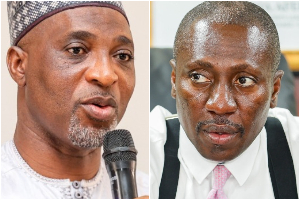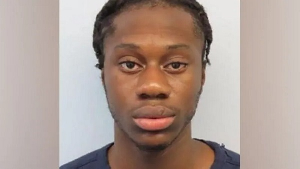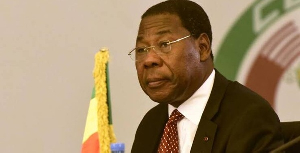Kwesi Atta Sakyi 2nd December 2014
The aims of the media include informing, entertaining, educating, provoking debate on general contemporary issues, and above all, providing fora for exchange of ideas in a civil and urbane manner. Can we say that our current crop of media personnel in Ghana is living up to their billing, or to the public expectation of these noble aims? Media practitioners in Ghana have a moral duty to exhibit high standards of ethical behavior, in line with their calling as members of the Fourth Estate of the realm. They are catalysts and veritable agents of change, for better or for worse.
They have, foremost, to be imbued with a high sense of patriotism, to align themselves with the development agenda of the government of the day, by reporting constructively and innovatively on both success stories and government failures in a professionalized manner, by being fair, balanced and factual.
Their job comes with many occupational risks such as being lynched by mobs, being tempted with bribes to write or present stories to favour certain interests, being harassed no end by security agents for publishing classified information, being assigned on dangerous assignments such as going for a news scoop in Ebola-infested areas, seeking clearance and accreditation to cover certain state events, and the stress and rigmarole that goes with the labyrinth of bureaucracy, among many other assignment challenges.
Some in the mobile and outdoor broadcast section of TV houses have to report live as actions are taking place in situ. It could be a football match, a parade, a war scene (remember Christine Amanpour of CNN fame, late Kwabena Dumor of BBC TV?)
Some journalists are on call 24 hours, being asked to travel at short notice to dangerous places to cover events such as war. We have armchair journalists, freelancers, and paparazzi photographers like me who come up with feature articles, and amateur write-ups to entertain and educate the public.
However, it has now become a norm for media houses in Ghana to present sensational news which always border on political news. 80% of their news content is political, which is sad indeed. Instead of dedicating time to do thorough and in-depth research analysis on unfolding issues, they rush to press and serve us news which is not cross-checked, verified and authenticated by independent sources. Such unverified news as they may serve, may be highly spiced and distorted with tales to make them sensational and to win plaudits.
So if they do not find any juicy political news to bandy around, they concoct, fabricate, cook up cock and bull stories, to tell the truth about things which never happened. Lies, upon lies, upon lies they reel, spin, manufacture and invent to throw dust in our eyes to lead us on a blind alley. Some radio and TV stations have become notoriously unpopular in feeding the gullible Ghanaian public with lies upon lies, garbage and gabled reports, some of which sometimes border on character assassination, libel, innuendoes, insinuations, treason, sedition, insults, among other palpable crimes. I think some of our media personnel need to undertake refresher courses in Ethics, Anger Management, Diplomacy, Law, Philosophy, Media Relations, and Psychology, inter alia.
It is most unfortunate that the numerous radio and TV stations in Ghana have been politicized and are megaphones for some politicians for creating unnecessary political tension and media cacophony. All they do is to fund so-called media serial callers who talk tons and tons of gibberish, amidst insults, provocations, and they spin yarns of lies.
Their shameful and detestable acts cause wedges to be driven among individuals and opposing political parties, thus raising the political temperature in Ghana to unbearable levels or high fever pitch. We do not call for a media clampdown, but we are rather calling for temperance, sanity, integrity, self-regulation, peer education, and finesse in executing their sensitive assignments. We are hereby calling for strong enforcement of the media law without fear or favour.
We also call for licensing of all media personnel so that their professional bodies can exercise gatekeeping and oversight function over them. We may seek foreign intervention in this matter by asking some donor countries or the UN to help us train and retrain our media people and bring them to scratch to know their onions. Those found wanting on ethical grounds should either be suspended or have their licences withdrawn. Some Ghanaian radio presenters and investigative journalists who have won my heart are Jessica Opare Saforo, Kwame Sefa Kaye, Kwame Nkrumah Atikese, Abeeku Santana, Anas Amereyaw Anas, Kwame Ayeboafo, among others. These role models should inspire their peers and rekindle them to greater heights of media excellence, so that together, we can develop our country and make it a lodestar in Africa.
Email: kwesiattasakyi449@gmail.com
Opinions of Friday, 5 December 2014
Columnist: Sakyi, Kwesi Atta














